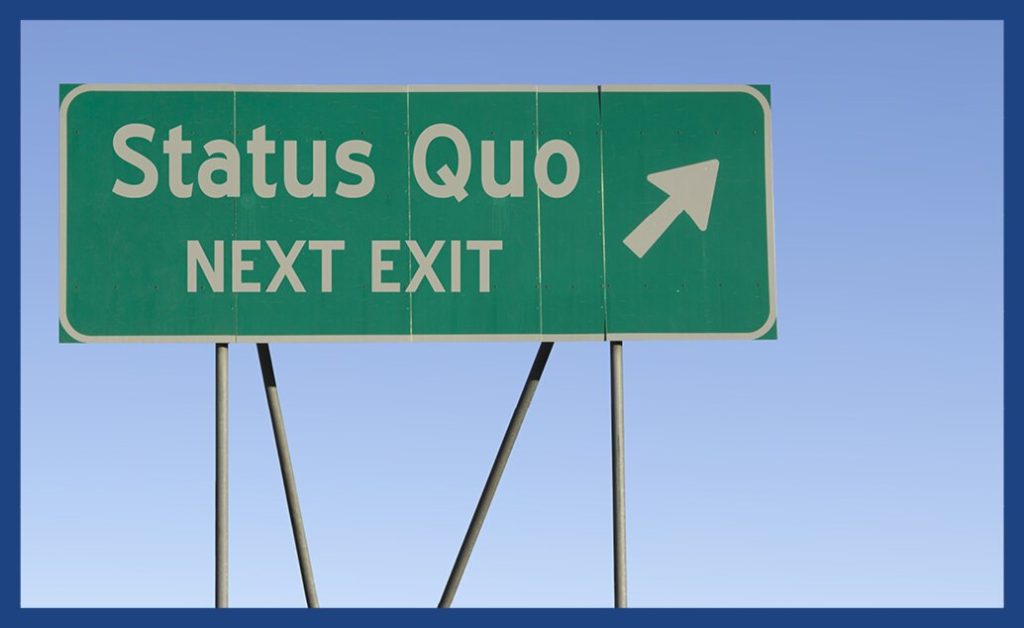
Authenticity in professionalism is a characteristic that’s widely talked about and highly sought after in today’s leaders. It’s something I thought I understood, but I recently came across an article on authentic leadership theory that made me rethink my preconceived notions.
Initially, I imagined authenticity had to do with how we perceive ourselves and how we accurately communicate that perception to an audience, which translates to demonstration of authenticity. In essence, it’s how we express a “true self.”
Paradoxically, the article I read discussed the impossibility of a true self in authentic expression. Exploring the article in more detail, I started making connections to it from my own professional and personal experiences. I discovered that the parallels between the article and my recollections occurred when organizational social conformance was involved.
We’re often encouraged to find professional spaces that are aligned with our philosophies and core values. Nonetheless, we often find ourselves adjusting to social climates established by organizations that may not be aligned with our own. When this occurs, we’re unable to be our authentic selves.
Why do we choose to conform to the status quo? Various social factors play a role:
1. Cultural Background
Acculturation influences our worldviews and informs the way we behave and interact. It something that happens constantly through various mediums, whether we are aware or not, including subcultures from the home, societal communities such as religious and political affiliations, and more casual ones like peer or school-related groups. The combination of these social structures foster the creation of ideas around what is acceptable and appropriate or not, influencing how we choose to adapt to organizational cultures.
2. Social Power
Social power refers to one’s ability to influence change and set norms and values in a given context. It’s related to social class, which is determined through variables such as education, occupation and societal rank. Typically, the higher the social class, the higher the social power; the lower the social class, the lower the social power. Some people feel the need to conform due to a lack of social power: “My opportunities are limited given my lower educational and economic status. This organization may not be a good fit for me, but I have a family to take care of.”
3. Social Image
Others are preoccupied with how they are perceived. Deviating from social standards is usually frowned upon and may cause others to judge us poorly. Many fear this kind of public adverse reaction and thus choose to operate within a shell, even though it may not match their core values or beliefs. That shell is a form of social organizational conformance.
The challenge of authentic expression within organizational social conformance is rooted in socially constructed ideals of acceptable behaviors. However, if we acknowledge the factors that impact conformance, we’re better able to confront them and consciously choose to live more authentically, both personally and professionally.
Explore organizational structures, standards and leadership strategies in American College of Education’s fully online leadership programs.

